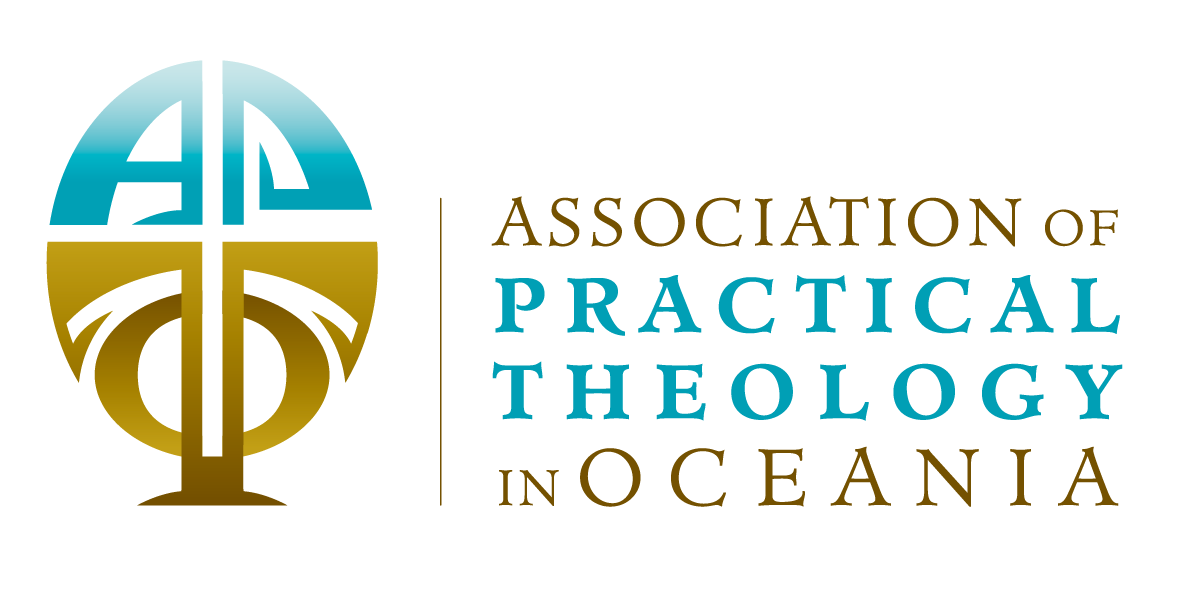

Discussion Time:
Christian counsellors, chaplains, and psychologists are agents of the church’s mission to heal. As such, they need psychological and spiritual resources to help them maintain their own homeostasis whilst also offering healing to others. COVID-19 is a challenge not just to physical health, but to the psycho-spiritual health of all people. It is a severe, unpredictable stressor that can directly elicit PTSD symptoms in patients and medical staff, as well as a range of mental health symptoms in those affected by social isolation and other losses. In addition to experiencing this COVID-related stress alongside community members, Christian healers face other stressors as they work in conditions of lockdown, economic uncertainty and social tensions. At the same time as facing general and work-related stressors, Christian healers have had less access to face to face resources such as supervision and networking with colleagues and other Christians. This gap in potential resources highlights the importance of personal psycho-spiritual resources. A vital resource for Christian healers and those in need of healing is secure attachment to God. Attachment is a relational bond that functions to provide safety and security in contexts of threat. Secure attachment is marked by a sense of oneself as worthy of care and of the other (attachment figure) as willing and able to provide care. A believer’s reported relationship with God includes features of attachment and can be assessed as secure or insecure. Secure attachment to God is associated with both psychological health and spiritual well-being. Attachment to God also acts as a key spiritual resource that impacts other spiritual resources and affects functioning at work. The importance of secure attachment to God as a resource for spiritual and mental health suggests that particularly in the context of COVID-19 when human attachment relationships may be strained, churches should not only recognize and address material suffering but also support secure relationships with God. This paper uses both the literature on attachment to God and insights from Trinitarian theology to suggest ways in which churches can help their healers maintain secure attachment to God and thus resource them for their challenging but vital work.
Despite the prevalence of addiction within society, its nature and implications for practical theology are often not well understood within the church and its pastoral ministry. This is particularly true in the realm of forgiveness and grace, which are complicated by an addict’s struggle with recurring behaviors that they feel powerless to control. Within this dynamic, the addict can feel caught in a repetitive cycle of failure, especially in light of Jesus’ command to ‘go and sin no more’ (John 8:11). Furthermore, addiction and dependency often exist behind a veil of secrecy which serves to foster a dynamic of shame, guilt, and isolation. This, in turn, contributes to a church culture of hiddenness through which the impact of addiction is unintentionally overlooked or ignored. This paper argues that responding to addiction is one of the most important theological and pastoral tasks facing the church in its contemporary context. It discusses strategies through which the church might more compassionately and effectively respond to addiction within its missional work. It draws on several New Testament texts to explore themes of ‘journeying’ and ‘pilgrimage’ – concepts which can be employed by those working alongside addicts
Half of the Pacific Islands region is aged under 23 years old. This ‘youth bulge’ has been identified as one of the most significant factors in the next stage of development for the region (see, e.g. https://www.lowyinstitute.org/publications/demanding-future-navigating-pacific-youth-bulge). However, many young people in Island Melanesia find themselves disconnected from traditional sources of identity and stability such as land and language communities, and as well there is a growing dissatisfaction with dominant forms of Christianity. Current forms of ministry and development have struggled to address this generation of lus (‘lost’) young people. This paper will suggest some of the sociological and spiritual factors affecting young people in Melanesia, some of the ‘coping mechanisms’ the communities themselves have developed in response, and draw from biblical Wisdom literature to present new avenues to walk with these young people towards spiritual and social wholeness.